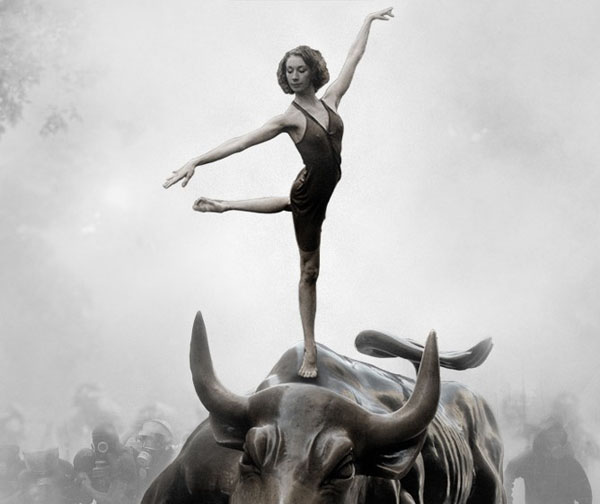[Editor’s note: The following post was published in its original form here.]
WHEN I FIRST heard the call to Occupy Wall Street, I knew it was big. I knew it would be more than just a “protest.” This felt different than the usual march to voice specific grievances. It was a call for something more profound — much deeper — than even the original participants realized as they gathered their signs and tents.
